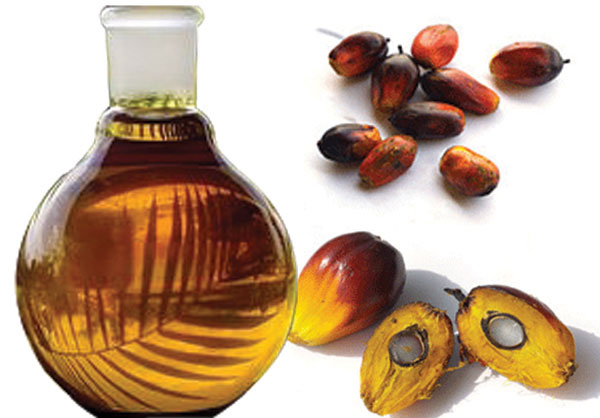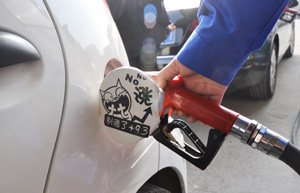 |
|
The photo shows palm oil. [Provided to China Daily] |
Palm oil production in Malaysia, the biggest supplier after Indonesia, probably dropped the most in seven months in September after reaching a record in August. Futures climbed the most in more than a week.
Output slumped 11 percent to 1.81 million metric tons from an all-time high of 2.03 million tons, according to the median of seven estimates from planters, analysts and traders compiled by Bloomberg. Reserves were 2.05 million tons at the end of last month, the same level as a month earlier, the survey showed. Stockpiles surged 22 percent in August to the highest since March 2013, according to the Palm Oil Board.
Palm oil, used in food, cosmetics and biofuels, slumped 17 percent this year as supplies in Southeast Asia expanded, adding to a global cooking oil glut swelled by record US soybean crops. Malaysian output climbed 8 percent to 12.8 million tons in the first eight months from a year earlier, board data show. Output peaked in October each year in the past five years, except for 2012 when the high was in September.
"Production may have peaked earlier this year," Ben Santoso, an analyst with DBS Vickers, said by phone from Singapore. "In September, because we've gone through a high base in August, and because there was some dryness and some of the fruits are not ripe yet, we are expecting the volumes to drop off. Dryness also has an immediate effect of delaying the ripening of the fruit."
Futures rose as much as 1.6 percent, the biggest gain since Sept 25, to 2,204 ringgit ($676) a ton on Bursa Malaysia Derivatives on Tuesday, before trading at 2,198 ringgit by the midday break. Palm plunged to 1,914 ringgit on Sept 2, the lowest since March 2009. Prices may trade in a range of 1,900 ringgit to 2,400 ringgit until the end of the year, Santoso said.
The market is finding support from increased demand by importers while producing areas in top growers Indonesia and Malaysia are experiencing dry weather, Oil World said on Sept 30. Demand has expanded from buyers in India, China, Europe and other countries, the Hamburg-based researcher said. Rainfall in the first 20 days of September was "well below normal" in parts of Indonesia and Malaysia, it said.
Most parts of Sabah, Malaysia's largest producing state, received about 42 to 242 millimeters in September, less than the long-term mean of 131 to 295 millimeters, according to a report from the Malaysian Meteorological Department. "Drier-than-expected weather in East Malaysia and the post-effects of a super harvest in August were the reasons for the lower output in September," Hiro Chai, associate director at CIMB Futures Sdn in Kuala Lumpur, said in a report e-mailed on Sept 30. "We're expecting crops to peak in October."
Prices risk tumbling further as the world's most-used edible oil is no longer competitive against alternatives even after dropping to the lowest level since 2009, according to Dorab Mistry, director at Godrej International Ltd. Production in Malaysia is set to hit a record 19.8 million tons to 20 million tons, while Indonesian output will exceed 30.5 million tons, he said on Sept 28.
Shipments advanced 13 percent to 1.62 million tons last month, the survey showed. Sales climbed 16 percent to 1.5 million tons in September from 1.29 million tons a month earlier, surveyor Intertek said. Malaysia scrapped last month an export tax on crude palm oil for September and October to help boost shipments and curb stockpile expansion.
"In terms of demand, I don't see much of a significant catalyst," Santoso said. "In India, they would already have stocked up for Diwali, and China is still weak in terms of demand."
|
 |
 |
| China lifts resource tax to 6% for crude oil, natural gas | Air China's first Boeing 747-8 set to take off |
